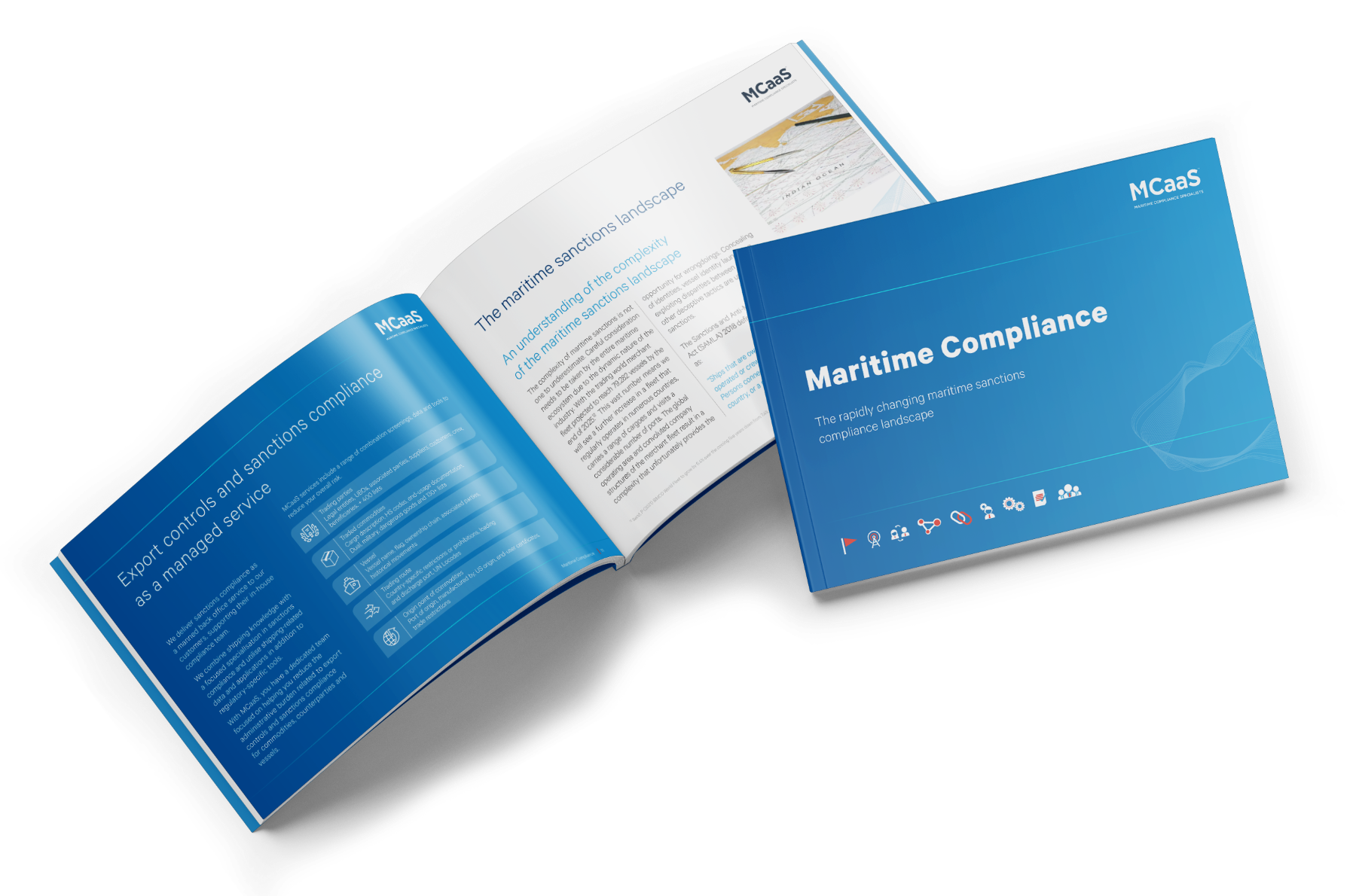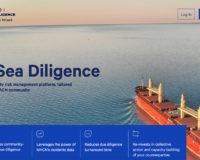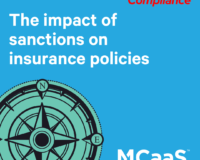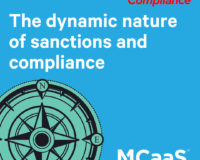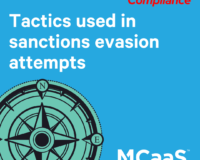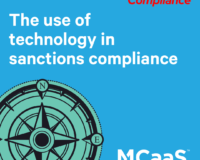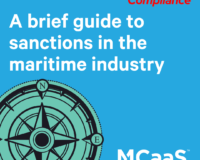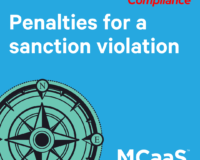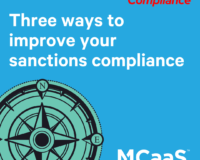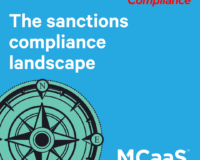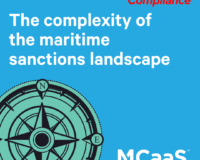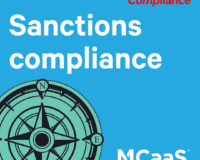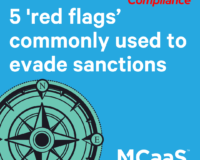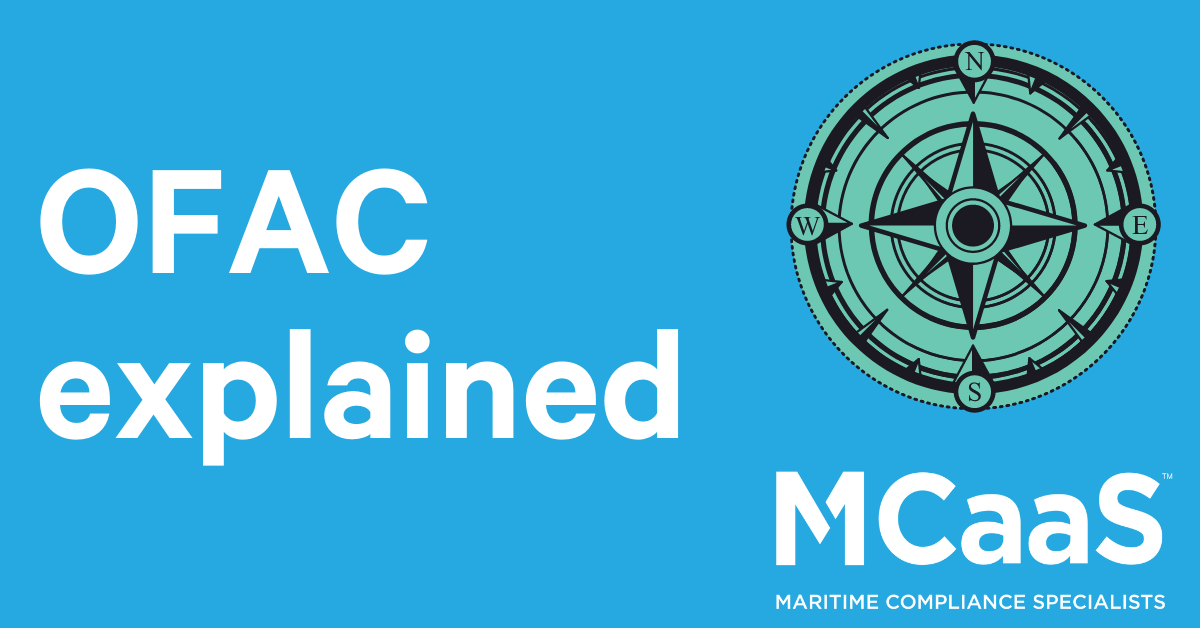
The Office of Financial Assets Control (OFAC) is responsible for administering and enforcing sanctions in the United States. Sanctions by the US, and enforced by OFAC, essentially set up trade embargoes that prohibit US persons and entities located in the US (primary sanctions) and also prohibit foreign persons from engaging in transactions with third countries (secondary sanctions).
Embargo updates
Comprehensive sanctions forbid transactions with a specific geographical area, for example, the ongoing embargo with Cuba, whereas other sanctions programs are more selective and may prohibit certain activities In 1962 the United States enforced an embargo against Cuba that prohibited all imports and exports between the two countries.
Despite small implementation updates to allow the transportation of medical and agricultural supplies that were introduced in 2000, the trade embargo is still in force decades later.
We have added several changes and updates to this longstanding embargo. In 2019, President at the time Donald Trump issued new travel regulations that barred most commercial cruise ships sailing from the US to enter Cuba.

OFAC publishes a list of individuals and companies whose assets are blocked are published on OFAC’s “Specially Designated Nationals” (SDN) list and generally.
The SDN list
US persons are forbidden from dealing with anyone named on the SDN list and any of those that are directly or indirectly owned by an individual or entity on the SDN list.
The SDN list is one of many that OFAC publishes and maintains, the foreign sanctions evaders list, the consolidated sanctions list, and the sectoral sanctions identifications list are a few of the many maintained.
The regulatory environment is dynamic and the sanctions lists are regularly updated. The involvement of any activity in contravention of a sanction is punishable by large fines and criminal prosecution.
Want to learn more about maritime sanctions compliance?
Further details of the areas discussed within this article can be found within our latest report ‘Maritime Compliance – The rapidly changing maritime sanctions compliance landscape’. This guide to industry includes discussion on the landscape as well as sanctions compliance measures and how best to mitigate against the many associated risks.
